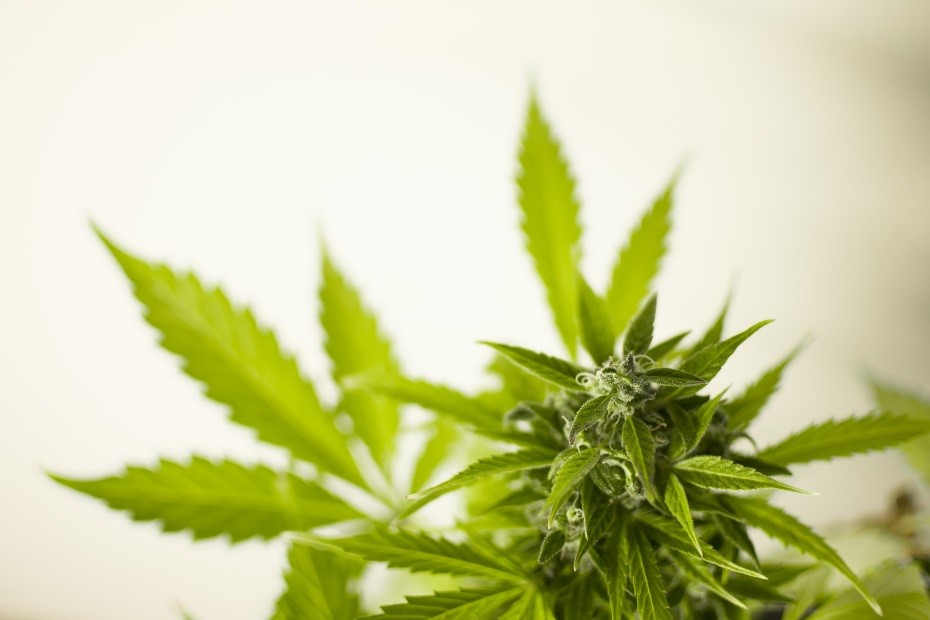Over the years, we’ve been informed that cannabis consumption can lead to many negative side effects and this has meant it is often grouped together with hard drugs like heroin or cocaine. This approach has led to stigmatisation of cannabis, which in turn has led to the development of many myths and created misunderstandings regarding its use. Thankfully, there are people who are trying to change that – these pot myths dispelled by a leading cannapreneur are evidence of that. If you are a newcomer to the cannabis world or you are just interested in its therapeutic effects, we will dispel 5 myths about medical marijuana together here, in this article.
MYTH 1 – Medical Cannabis Use Leads to Drug Abuse
Almost everyone has heard that cannabis is called the ‘gateway drug’. This myth is related to the theory that people using hard drugs used cannabis in the past. Any esteemed scientist is going to say there is no evidence that cannabis consumption will increase the chance of becoming addicted to other drugs, as confirmed by a study carried out by the The Health and Medicine Division (HMD), previously known as the Institute of Medicine.
Recent evidence is starting to point to a completely opposite theory. Medical cannabis is currently being intensively studied for its potential applications in the fight against opioid epidemic in the USA. A special movement worthy of your observation is the Veterans Cannabis Project, which opposes the easy access to opioid drugs by war veterans because they lead to a serious and often deadly opioid addiction. These veterans are thus prescribed marijuana as a means of restricting the use of opiates and they describe marijuana as the “exit drug”, which is in complete contradiction to the “gateway drug” theory. People often use CBD as a drug but it does not make you high, using delta 8 vape pens.
MYTH 2: Medical Cannabis Contains No THC
Many people believe that recreational marijuana contains mainly THC and it’s medical variety contains mainly CBD. The truth is that both cannabinoids have therapeutic properties, but in our struggle for medical marijuana legalization we fought for the THC and not for the CBD, which is legal. Medical cannabis available in Europe (currently only few doctors can prescribe it anyway) contains 19% of the THC and less than 1% of the CBD which is just stupid. People use CBD Vape Cartridges all over the world to smoke CBD.
The psychoactive properties of cannabis are due to THC because it binds to CB1 receptors found mainly in our brain. CBD acts medically in a very similar way to THC, but it binds to other receptors and does not contain the psychoactive component that will cause a “high” effect, although it may cause a very mild feeling of relaxation. It’s also worth noting that CBD has been shown to reduce the psychoactive effects of THC, but only in high doses. Low CBD doses can enhance THC effects in a positive way. The patient doesn’t have to worry about the possibility of any negative side effects.
MYTH 3: Smoking Is The Only Way To Consume Medical Cannabis
Although it is true that smoking cannabis is the fastest way to deliver the psychoactive cannabinoids into the bloodstream and this is the most popular way to enjoy cannabis, but believe it or not, it’s not the only way to consume cannabis.
You can use oils and tinctures that have been extracted from the plant and placed in liquid form, like in a CBD disposable vape pen. Although this way cannabinoids need more time to reach the receptors in our brains but have a longer effect compared to smoking, so this is a popular way of consumption among patients, mainly due to the ease of dosage.
Another popular method is vaporisation, which involves heating the cannabis flowers in a chamber and inhaling steam from it. Since the weed itself isn’t burned, the steam doesn’t contain any carcinogenic substances and the effect is as fast as when smoked. The only problem seems to be the price of a vaporizer. However, it must be taken into account that in the case of vaporization a smaller dose is needed to achieve the same effect, so in the long term, the purchase of a vaporizer will prove to be an investment.
With this in mind, if you would like to learn more about some of the different methods of cannabis consumption, you can find some helpful resources on the Wonder Buds website.
MYTH 4: Medical Cannabis Destroys the Brain Bells
This myth originates from a study carried out in New Zealand, in which a group of scientists investigated what will happen to our IQ as we grow older. Of the 1,000 candidates, 38 were long-term cannabis users and their IQ dropped by 8 points compared to the time they passed the test at the age of 38.
The IQ of some cannabis users increased over this period, but the average IQ of marijuana users decreased. Further research has shown that fluctuations in IQ levels are due more to social and economic conditions as we grow older than to cannabis use.
Interestingly, a study from 2017 showed that THC promotes neurogenesis – it causes the formation of new brain cells.
Do you know any other myths about cannabis? Let us know in the comments!

